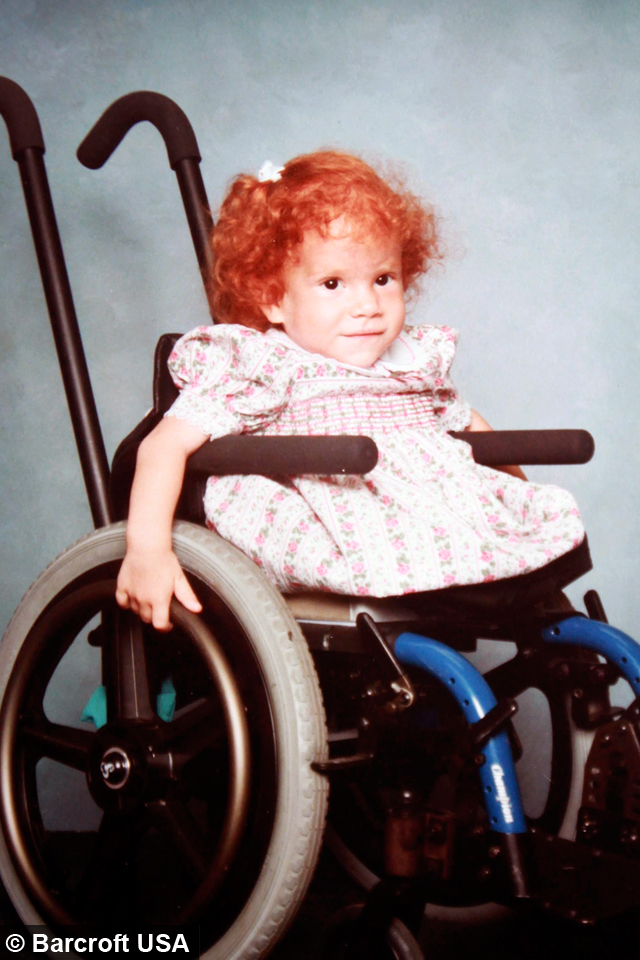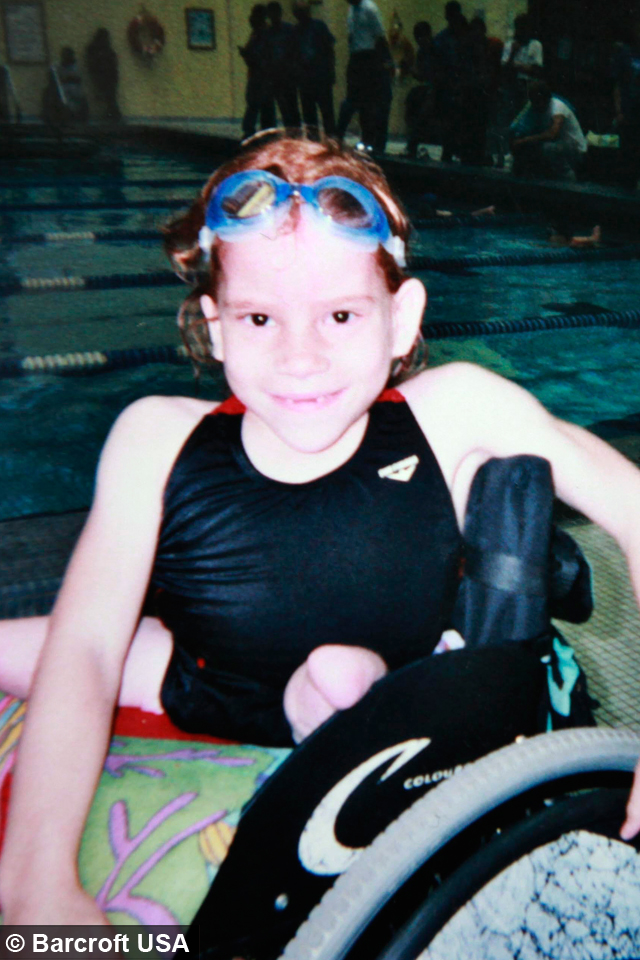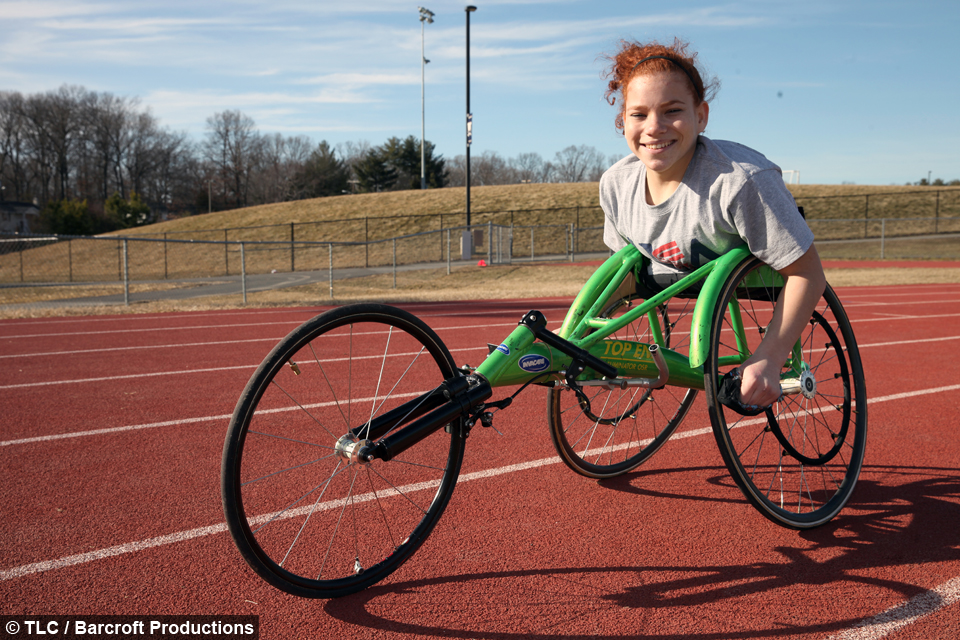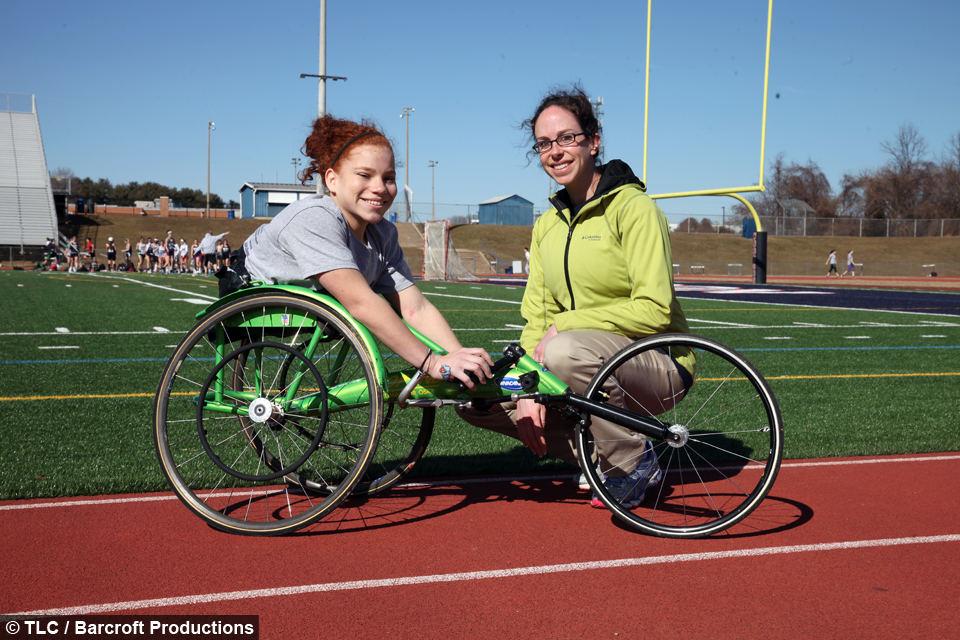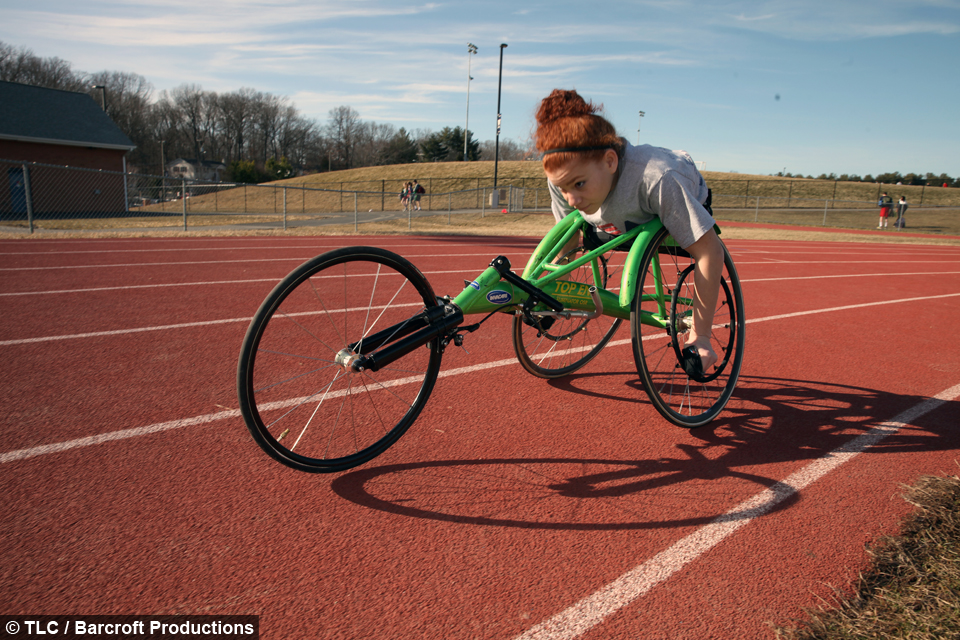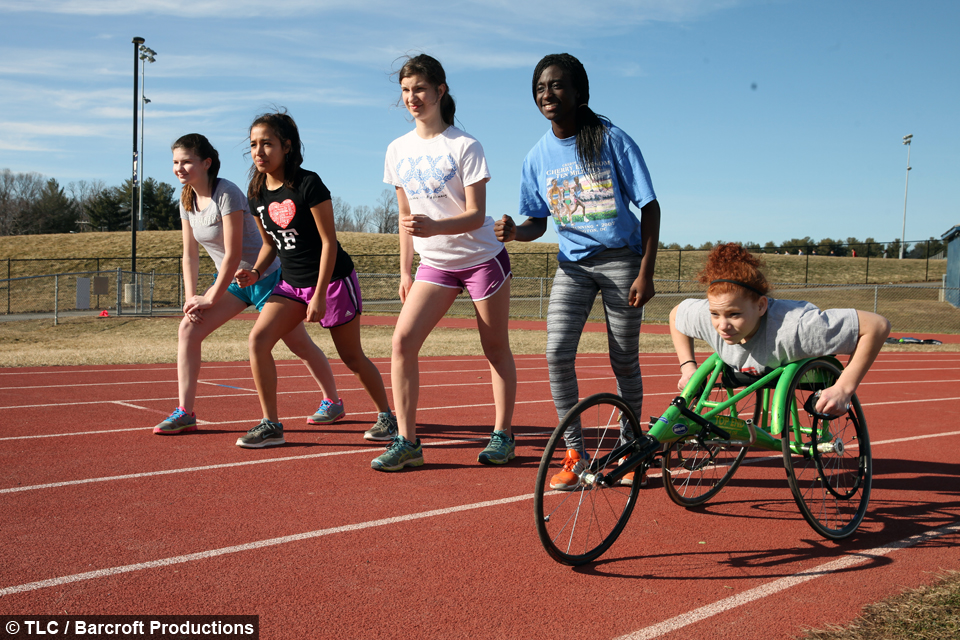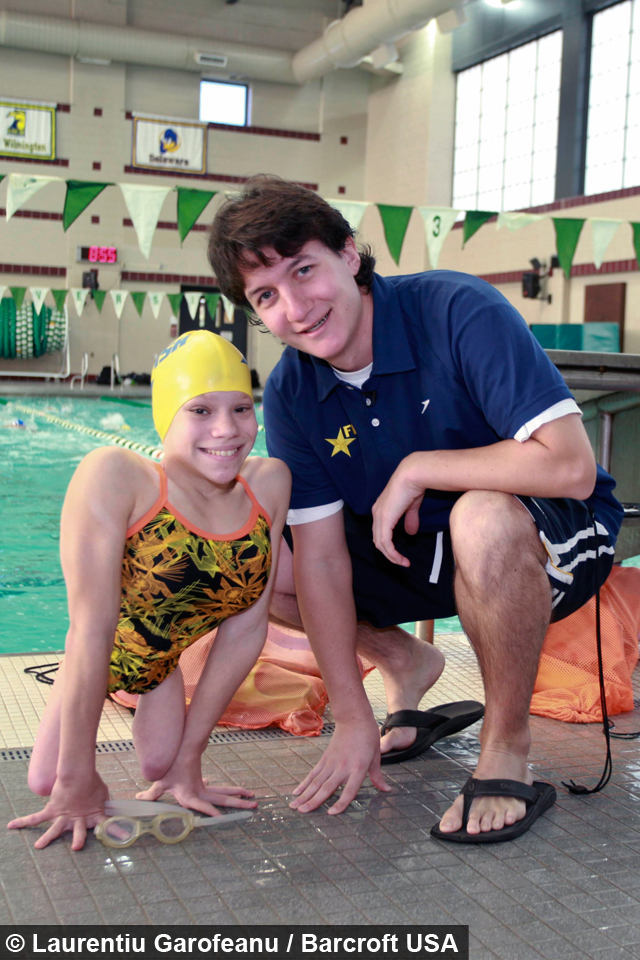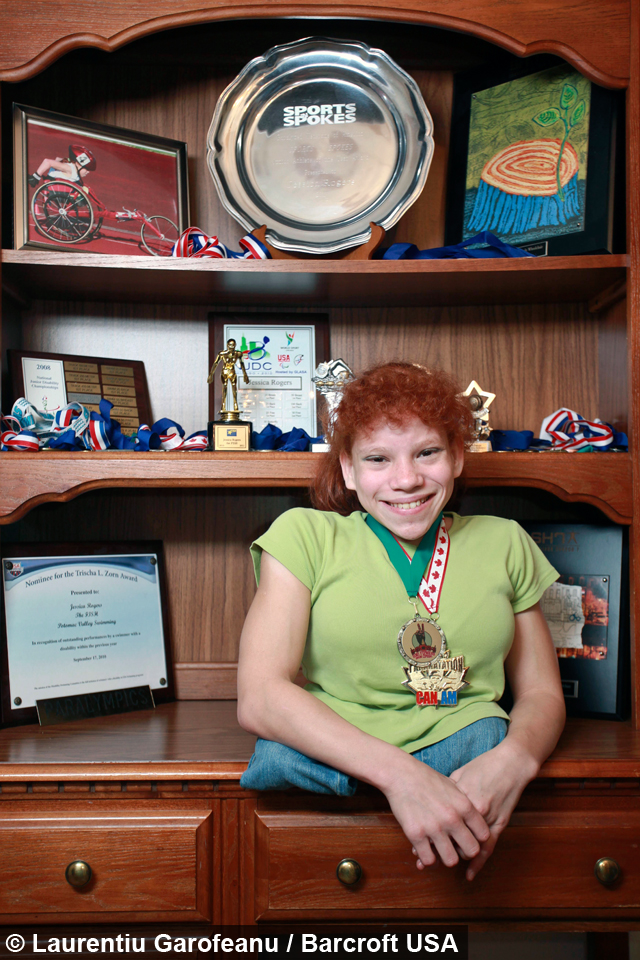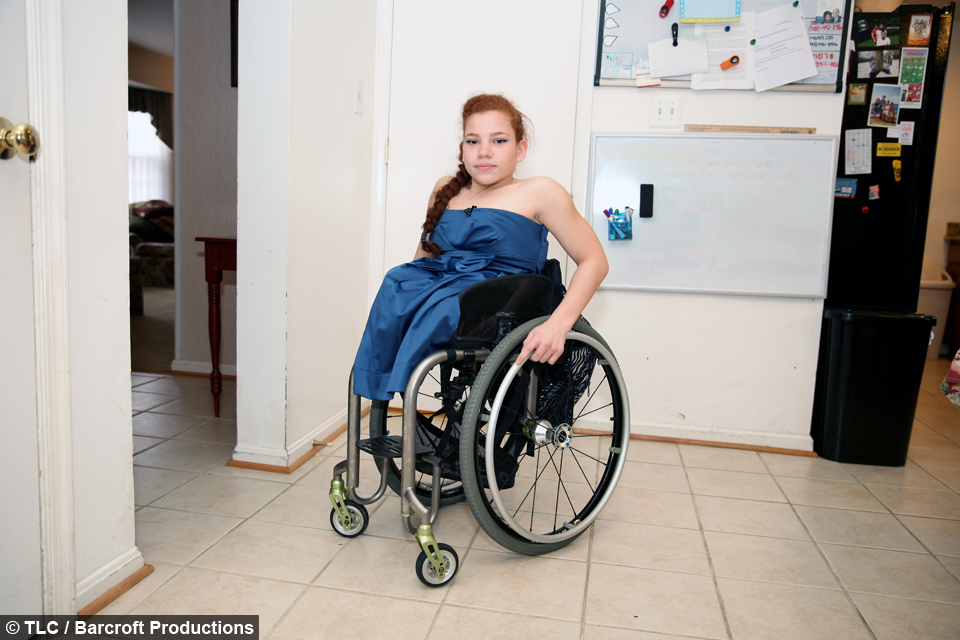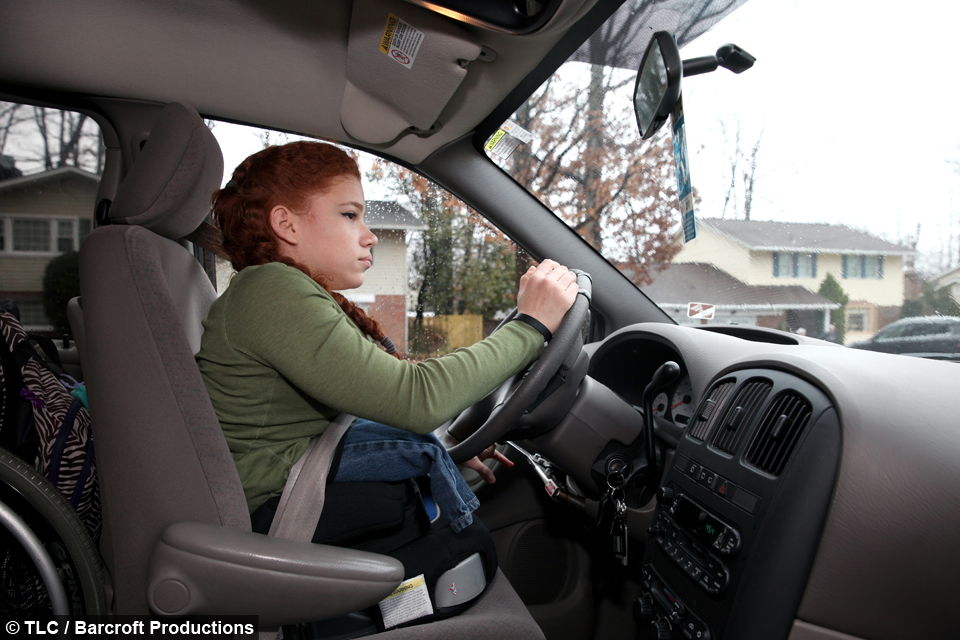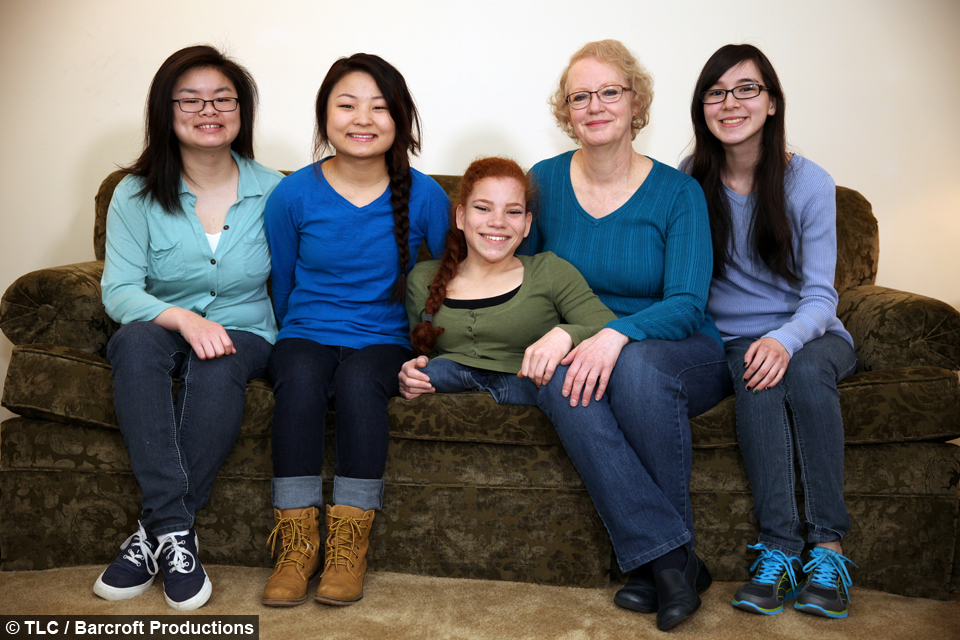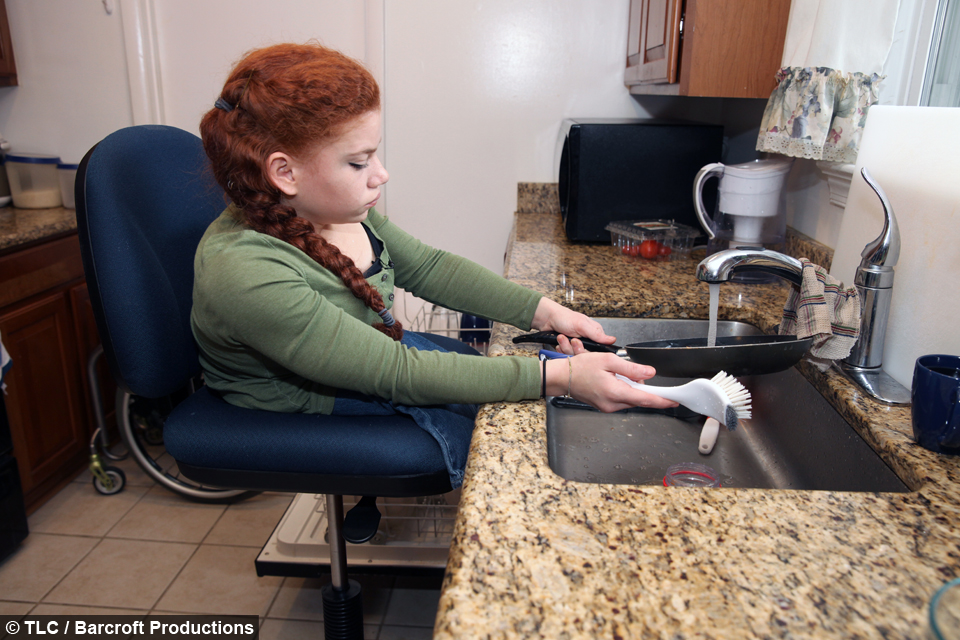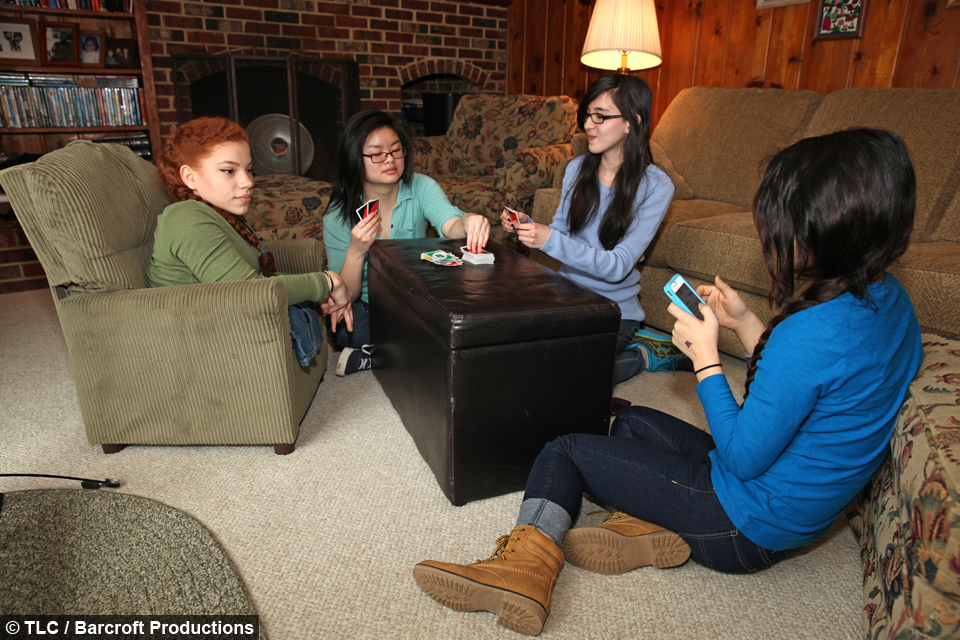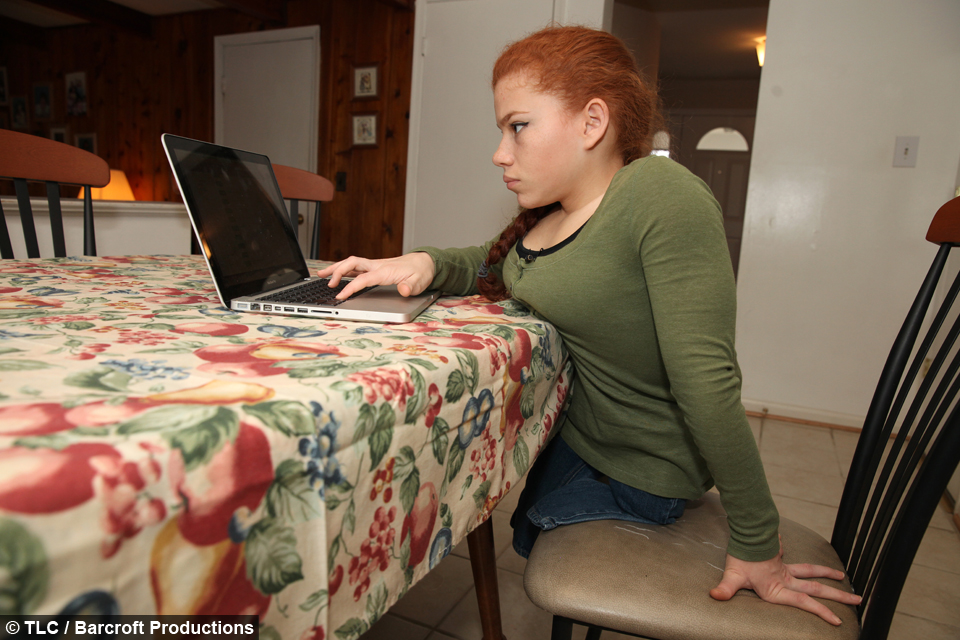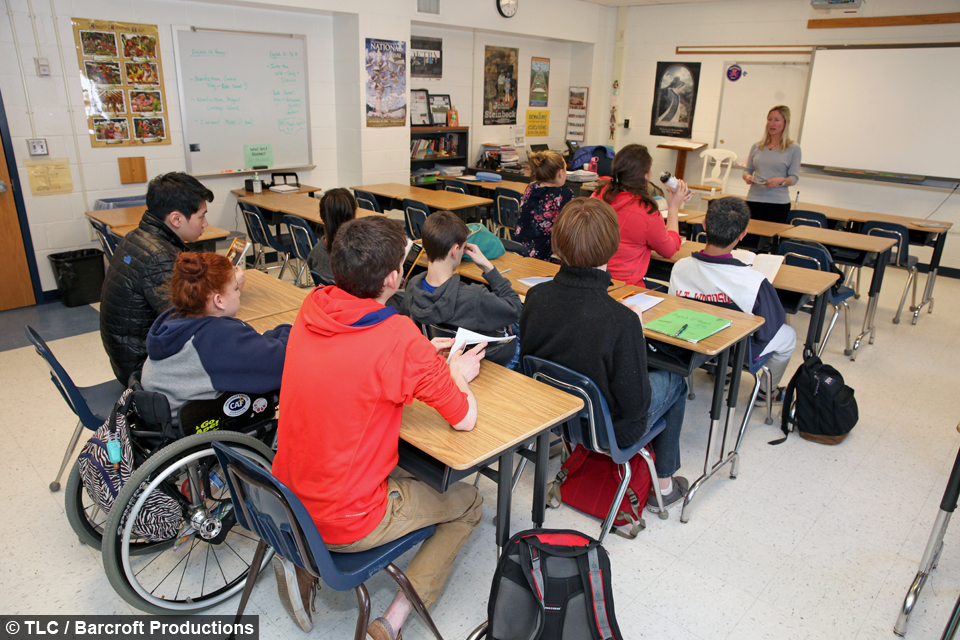Double Amputee Teen Sets Her Sights On Achieving Her Paralympic Dreams
By Amanda Stringfellow @amanda_l_s
Scroll down for the full story
Eighteen-year-old Jessica Rogers was born with sacral agenesis, which impaired the growth of her lower spine and left her legs underdeveloped.
But the inspirational teen, from Springfield, Virginia, has made a name for herself in disability sports and is hoping to make the USA team for wheelchair track in the Paralympics.
She said: “A good part of my spine is missing and because of that everything below where my spine stopped growing was not fully developed, so my legs were very small.”
Jessica was born in Brazil, where she spent the first 14 months of her life in a residential care facility.
She was then flown to the US for medical treatment, where she was looked after by Phyllis Rogers, who later officially adopted her.
Mum Phyllis, who was already raising six adopted children with different disabilities, was amazed by how mobile Jessica was at a young age.
“Jessica learned to walk on her hands the same way babies learn to crawl and walk on their legs - through practice and gaining strength and experimenting," Phyllis said.
One of the biggest challenges for young Jessica was the malformation of her lower limbs.
“They were bent in a sitting position which was challenging for sitting arrangements and for my mobility,” Jessica said.
At the age of three doctors decided that Jessica’s lower limbs should be amputated to help her move around easier.
Phyllis said: ”The legs were in the way and for convenience sake it was decided to have surgery so that the lower legs were removed at the knee.”
It took Jessica just six months to recover from the amputation and she was quickly stunning onlookers with her athletic abilities.
Jessica, who uses a wheelchair for mobility, said: “In the back of my mind I always knew I was a little bit different from the other kids.
“I didn’t see it as something that makes the way I am wrong or as something that I can’t overcome.”
She soon became a swimming champion and made a name for herself in disability sports including track and basketball.
Now Jessica runs wheelchair track events and dreams of taking part in the Paralympics.
“I would have to say one of my goals is to be selected to go to Rio and compete. That would be a dream come true,” she said.
Her positive attitude and ability to overcome any challenge facing her has proved an inspiration to other young people.
Jessica added: “To others who have my condition, or another condition which challenges them, I would say, ‘You can do it’.
“I’ve made it this far and I have great goals for the future, I know I can achieve them.
“Don’t let it get you down because there’s nothing you can’t do.”
When Jessica is not chasing gold medals, she works on the non-profit she started to help others with her condition.
Frustrated by the lack of information available about her condition, she set up a non-profit association for individuals with similar disabilities called the International Sacral Agenesis/Caudal Regression Association - when she was just 14.
Phyllis said: “iSACRA is a real help to other families because when you have a child with a very rare disorder you really have no place to turn.
“So they look on the internet and they find there’s an organisation and they are welcomed into our iSACRA family.”
Being a high performance athlete with sacral agenesis means Jessica has to closely monitor her health.
“I have to be more careful of illnesses because I’m a lot smaller than others and I only have one kidney - I have to take care of that,” Jessica said.
Phyllis added: “Jessica routinely sees doctors in relation to her kidney function, and to make sure everything is working the way it should be working.”
Jessica's story appears in a new series of Body Bizarre, Thursday September 24, 9pm on TLC.
